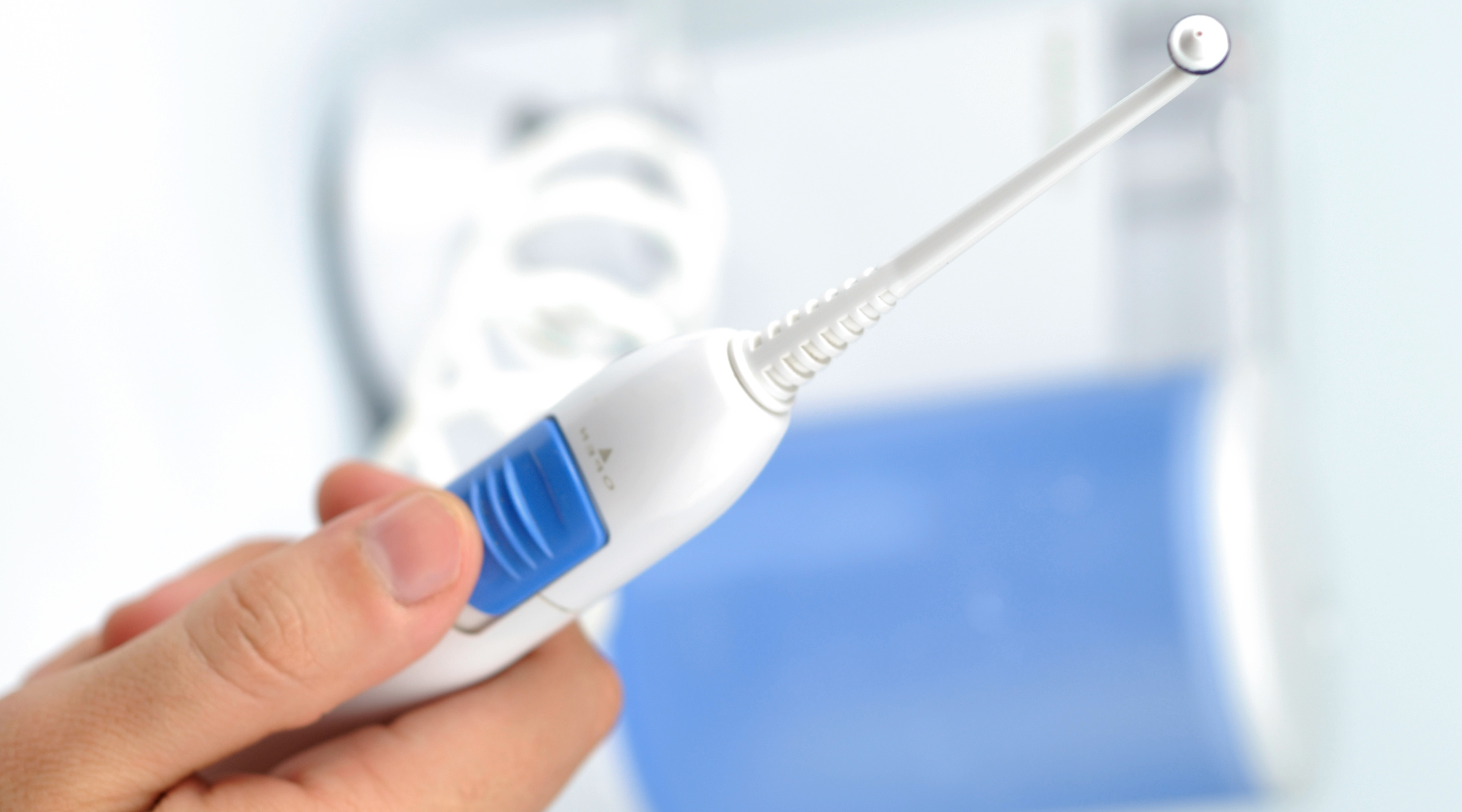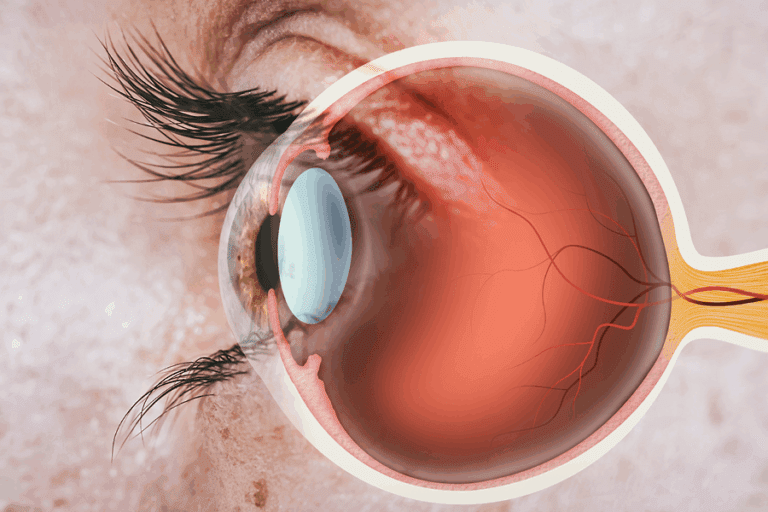Floss is making headlines, but not in the way we hoped. By now you’ve heard about the Associated Press’ claim that evidence for flossing is “weak and unreliable.” Many dental professionals partially agree: they think flossing is a waste only if you’re not doing it right.
Brushing only cleans 60% of teeth surfaces, which is why it is important to also clean between your teeth. Plaque is the sticky, soft film that builds up on your teeth and contains millions of bacteria. The plaque bacteria are the culprits for causing tooth decay and gum (periodontal) disease. Daily flossing helps remove plaque from the remaining 40% hard-to-reach surfaces.
Choose the flossing option that works best for you:
• Water Flosser
This fountain-style flosser spouts streams of water to remove plaque between teeth. Using a water flosser once a day can be just as effective as manual flossing.
° Best Option For: Braces and bridges
Water flossers work well for hard to reach areas. In fact, it can get rid of food particles that string can’t reach.
• Air Flosser
Take an air of fresh breath. An air flosser shoots rapid bursts of air and water to remove bacteria biofilm between your teeth. It’s clinically proven to be just as effective as string floss for gum health. Using only a teaspoon of liquid, an air flosser gets its plaque-fighting power from microdroplets. The liquid you put in it doesn’t have to be water, you can use your favorite mouthwash.
° Best Option For: Environmentally conscious; mess-makers
Using only a teaspoon of liquid, an air flosser produces minimal waste and mess.
Which flossing replacement would you consider?



